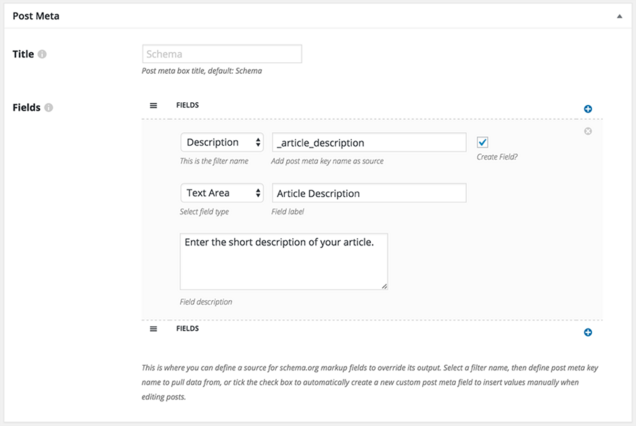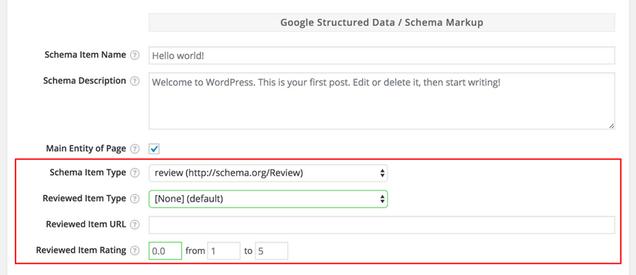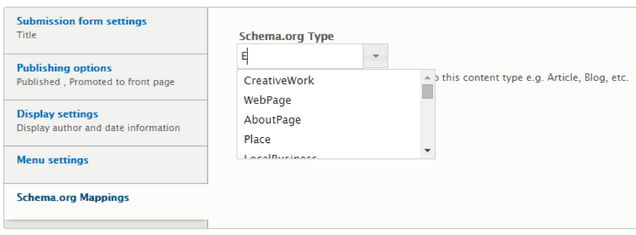
Schema.org - Support in the CMS Landscape
Thanks to Arthur from dkd for sharing!
In our recent blog post we discussed three extensions that provide tools for semantic annotation in TYPO3. Enriching your website with semantic markup enables you to describe the meaning of a web page for search engines. Search engines use this information to gain a better understanding of the web page's meaning and to create "rich snippets" in search results. Schema.org is sponsored by Google, Microsoft, Yahoo and Yandex and is a common vocabulary for semantic annotations.
In this post, we take a look at WordPress and Drupal and look like how does schema.org support look like in this content management systems.
Wordpress
Let's start off with WordPress: Similar to TYPO3, WordPress offers an extension repository, called Plugin Directory. There you can find some extensions that will add schema.org support to the WordPress system.
Schema Plugin
With the Schema Plugin, you can maintain schema.org attributes within the blog post’s meta area.

WPSSO Schema JSON-LD
The WPSSO Schema JSON-LD plugin will add Schema JSON-LD markup for common types (Article, Event, Local Business, Product, Recipe and Review). The focus of this plugin is social media optimization.

YOAST also plans to support Schema.org markup. This would be good news, as YOAST announced a TYPO3 extension.
Drupal
Drupal is an official partner of schema.org. In Drupal 7 there was an extension for Schema.org support. In version 8, Drupal’s RDF mappings were extended by schema.org definition. The module can be used to map the attributes of content elements to schema.org attributes.

Conclusion
In Wordpress, there are numerous extensions that provide a schema.org support. Most are limited to the "common" types (e.g. organization, person, etc.).
The schema.org website lists drupal as an official partner. Since Version 8, schema.org is a core feature.
TYPO3 would also benefit from a partnership with schema.org. The mapping of schema.org attributes to content elements in Drupal also seems like a viable way and would correspond to the JSON-LD2TCA in the TYPO3 world.
P.S.: If you know further extensions for semantic annotations in WordPress or Drupal, please feel free to tell us in a comment about it. And if you have questions related to schema.org, feel free to get in touch with us.